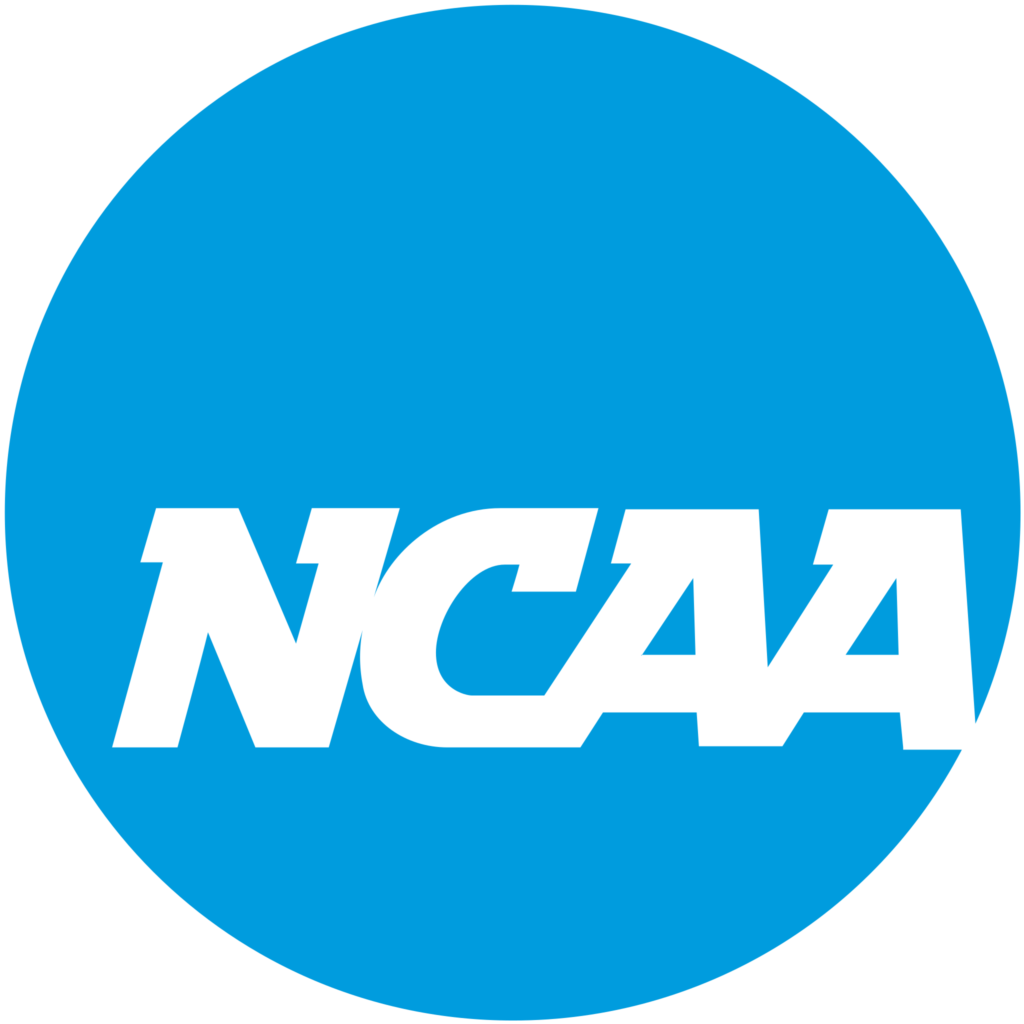By Henry Box
Political Science Student

Like most college basketball fans, on April 3 I was glued to my TV watching the NCAA National Championship matchup between San Diego State and the University of Connecticut. The program opened with legendary announcer Jim Nantz, who was calling his last championship game, descriptively describing March Madness with the famous Aerosmith song “Dream On” playing in the background.
“March Madness is about dreamers,” Nantz said. “It represents hope. The chance for everyone to believe on a given day or night that it could be their time to be the shining star.”
Nantz is correct. The single-elimination tournament, comprising 68 teams from across the nation, gives a chance for dreamers to dream.
However, the famed sports announcer was wrong in saying the chance is for everyone.
The NCAA, the governing body of college athletics, denies newly promoted Division I programs from participating in tournament play for four years. The rule is to ensure the schools are committed to meeting Division I standards academically and athletically.
For two years straight, that obligation has been met by two ineligible teams that met the requirements academically and athletically.
The Merrimack Warriors joined the Northeast Conference during the 2019-2020 season.
Right from the start, the team showed their new Division I foes that they could compete. In the program’s first season, the Warriors posted a 20-11 record, going 14-4 in conference games. This record earned the team its first-ever NEC regular season title.
However, due to the transition rule, the squad was rejected from playing in the conference postseason tournament.
The latest seasons of ineligibility came in the 2022-2023 season. The Warriors further solidified the unnecessary rule for ineligibility, both academically and athletically.
Before the season’s start, the 15 men who made up the team recorded the conference’s best GPA with a 3.2 average.
The conference domination didn’t stop there.
During the postseason conference tournament, the Warriors made their way to the championship game versus Fairleigh Dickinson. Merrimack topped Fairleigh Dickinson 67-66, claiming its first Division I conference championship.
If eligible, the win would’ve granted the program an automatic bid to the NCAA tournament. Instead, Fairleigh Dickinson was given the endeavor.
Fairleigh Dickinson pulled a shocking upset over Purdue in the first round of the competition. That should’ve been and could’ve been Merrimack. However, due to the reclassifying rule, the Merrimack team, coaches, staff, and followers are left dreaming about what could’ve been.
Let’s look into another case where the NCAA policy left a team to question what could’ve happened.
After jumping from Division II, the 2021-2022 Bellarmine Knights were in their second year of joining Division I.
Coached by veteran head coach Scott Davenport, the Knights posted a 20-13 record, going 11-5 in Atlantic Sun Conference play. Off the court and in the classroom, the team averaged above a 3.0 GPA.
For the ASUN tournament, the Knights were seeded at No. 2, making their way to the championship game. After a tight 77-72 battle versus Jacksonville State, Bellarmine was victorious, claiming their first-ever ASUN championship.
However, there was no NCAA automatic tournament bid or an assured spot in the NIT.
Ben Johnson, now a redshirt freshman guard for the Knights, recalls the team’s disappointment in his first year.
“We, as a team, were promised a spot in the NIT,” Johnson said. “We came to find out later that we couldn’t play in that either. That’s when there was a lot of frustration amongst players.”
What is the NCAA accomplishing with this policy?
Academically, Bellarmine and Merrimack met the standard for education. The NCAA requires student-athletes to maintain an above 2.3 GPA. Both teams soared above this limit, with an average 3.0 team GPA.
Athletically, the Knights and the Warriors showed on the court they could compete. Both schools played well in the regular seasons and won a conference championship.
This policy is crushing the players, the coaches, and the fans’ dreams of playing in the tournament.
“March Madness is the ultimate goal,” Johnson said. “Ever since I was a kid, I dreamed of playing in it. It’s honestly everything I work for.”
Instead, Johnson, his teammates, and Merrimack were left dreaming about what could’ve been.

Recent Comments